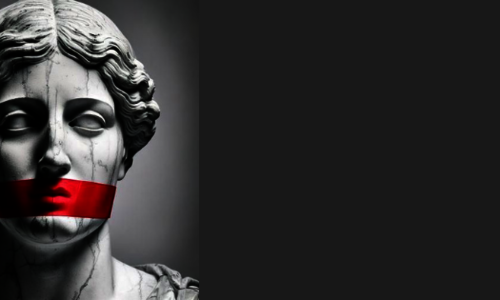News & Academies' activities
European Commission-EASAC High-level Event on Independent Scientific Advice for EU Policies
On 16 October, the presidents of EASAC's member academies were invited by the European Commission (EC) to a high-level event to discuss the topic of independent scientific advice for EU policies.
The European Commission was represented by the Chief Scientific Adviser to the EC President, Anne Glover, the Commissioner for Research, Innovation and Science, Máire Geoghegan-Quinn, the Directors-General of DG Research and Innovation and of the Joint Research Centre (JRC), Robert-Jan Smits and Dominique Ristori, and by senior representatives of a number of other Directorates-General.
After a welcoming address by Ms Geoghegan-Quinn, Prof. Glover explained the current procedures of the Commission to obtain, use and communicate scientific evidence. EASAC's President Sir Brian Heap gave a general introduction to the work of EASAC and explained what EASAC can deliver in terms of science-based policy advice for the institutions of the EU.
The Director-General for Research, Innovation and Science, Robert-Jan Smits, gave an overview of the needs of the Commission for scientific advice. Together with his colleagues from other DGs, some topics were identified where the Commission will be most in need of scientific input over the next two years. This was the first time the Commission did such a cross-cutting exercise, and some participants were surprised to see the amount of overlap between the different DGs.
The Director-General of the JRC, Mr. Ristori, gave a strategic foresight for future Commission policy initiatives, hereby stressing the importance of EASAC's input and the success of the collaboration between EASAC and JRC which was established by a Letter of Intent in October 2011.
To illustrate EASAC's work, three brief presentations were given of reports from the different EASAC programmes: "Direct-to-Consumer Genetic Testing", "The Strategy for a Europe-wide Electricity Grid" and the preliminary findings of a study that will be concluded by the end of 2012 on "Adaptation to Extreme Weather Events".
In the subsequent discussion, it became clear that a more structured platform is needed for the European Academies to feed science-based advice into EU policy, with easy access for the Academies and feedback from the policy-level on how the advice is used and implemented. Participants agreed that a multidisciplinary, cross-cutting approach was crucial. The Commission representatives said they needed to be a smart procurer of knowledge and identify the gaps in their knowledge through internal discussions.
As a concrete way forward, the Commission proposed to hold a high-level meeting with EASAC each year, and 1 or 2 additional meeting of the responsible secretariats on both sides. Work programmes should be shared between the Commission and the Academies. To start the collaboration, some topics could be chosen, on which the Academies will give scientific advice to the Commission.
The EASAC President Sir Brian Heap suggested that the Commission put the details of their proposal into a written concept note which could be discussed at the EASAC Council meeting in Vilnius, 8-9 November 2012. This was accepted and Prof. Glover, who will take the lead in this future collaboration, agreed to collate the Commission's proposal into a document that could be discussed by EASAC Council.
<link http: ec.europa.eu avservices photo external-link-new-window external link in new>Link to the Audiovisual Service of the European Commission
back to overview































